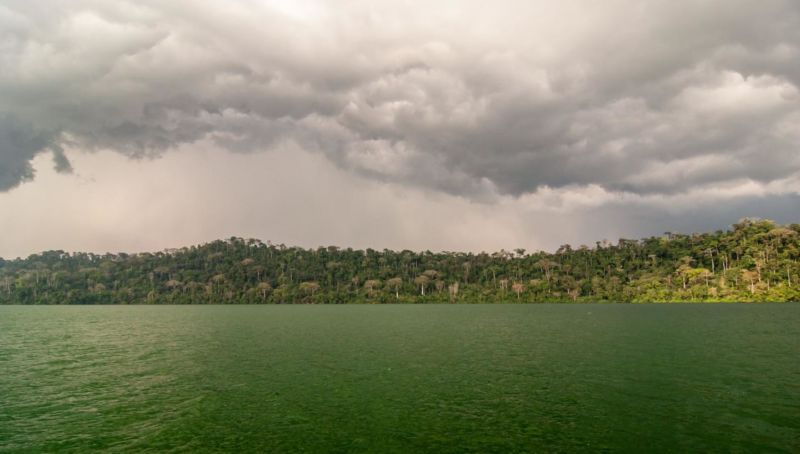African rainforests vanished for 600 years, then bounced back—why?

Enlarge (credit: PNAS)
Three thousand years ago, dense old-growth rainforests covered most of central Africa. But around 2,600 years ago, an event that ecologists call the Late Holocene Rainforest Crisis occurred, and the forests suddenly gave way to savannas dotted with islands of trees. Six hundred years later, the forests grew back almost as swiftly as they had vanished.
But for the last 20 years, paleoecologists have debated what caused the Rainforest Crisis. Most thought that the region's climate changed, bringing either less annual rain or a longer dry season with a short but intense monsoon. That climate shift, many paleoecologists argue, devastated the rainforests of central Africa but created perfect conditions for savannas. But a new study proposes that humans may actually have been the culprits.
A question of timingAround the time of the Rainforest Crisis, farmers from northern Africa started migrating southward, bringing with them an advanced culture of pearl-millet cultivation, ironworking, and palm-oil harvesting, all of which take a toll on the landscape. Those northern farmers spoke Bantu languages, which are still spoken by about 300 million people in Africa today.
Read 17 remaining paragraphs | Comments